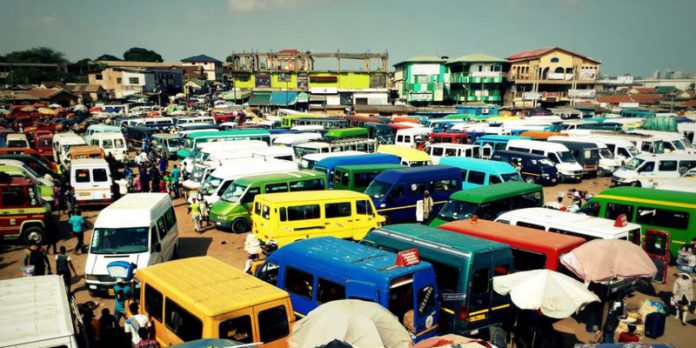
The Ghana Private Road and Transport Union (GPRTU) has expressed concern over the delay in announcing an increase in transport fares, stating that it is negatively impacting the operations of its members.
The union pointed out that, the recent rise in the cost of spare parts and accessories are significantly affecting commercial drivers.
The General Secretary of the GPRTU, Godfred Abulbire said the adverse impact of last year’s tax components on spare parts has led to a substantial increase in their prices.
He also cited a recent communication from the Ghana Revenue Authority (GRA) informing them of revised taxes on commercial cars, effective from January as an indicator for price increment.
Mr. Abulbire called for an immediate adjustment in transport fares, citing the financial strain on commercial drivers due to the escalating costs.
He explained, “Just this year, we had a direct correspondence from the Ghana Revenue Authority (GRA) that they have revised all their taxes on commercial cars, taking effect in January and whether we like it or not, all commercial cars will pay.”
One of the contributing factors to the financial burden on drivers is the recently passed Emissions Levy Bill by Parliament.
This bill imposes an annual fee of GH¢100 on owners of both petrol and diesel cars, starting from January 2024.
The government’s intention behind this levy is to encourage the adoption of environmentally friendly energy sources for vehicles, aligning with its commitment to climate-positive actions and carbon offset initiatives.
In response to these developments, the GPRTU has taken action by petitioning the Speaker of Parliament.
The union is urging reconsideration of the Emissions Levy Bill, emphasizing the challenges it poses to the livelihoods of commercial drivers and the overall sustainability of the transport sector.
The GPRTU is seeking a resolution that balances environmental concerns with the economic well-being of its members.
We are on course to bring down inflation drastically – Governor
Meek Mill responds to criticism over Africa question of ‘how do…
